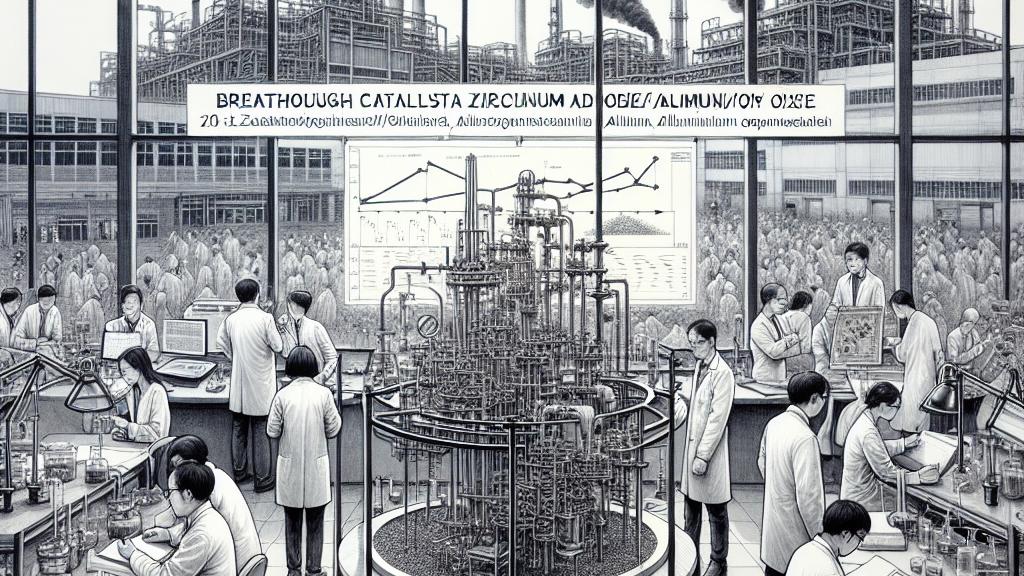Promising Catalyst for Efficient CO₂ Desorption
Overview
- Introducing the groundbreaking ZrO2/Al2O3 catalyst that significantly enhances CO₂ desorption efficiency.
- Real-world applications show a fantastic energy reduction of over 27%, transforming industrial processes.
- This development is crucial for improving sustainable carbon capture technologies and fighting climate change.

Revolutionary Findings from China
In a significant advancement within the field of carbon capture technology, researchers from Tsinghua University and North China Electric Power University in China have developed an innovative ZrO2/Al2O3 catalyst. This catalyst is not just another increment in technology; it represents a strategic leap against the daunting challenges of CO₂ capture using conventional amine scrubbing, a method notorious for its extravagant steam energy requirements. Imagine the burden lifted from industries as they reduce high operational costs! This revolutionary catalyst achieves a 40.7% decrease in energy activation for carbamate decomposition, which dramatically accelerates the kinetics of CO₂ desorption. It's a pivotal shift toward more sustainable practices that could reshape the future of energy.
Unprecedented Efficiency Gains
Laboratory evaluations have unveiled truly remarkable performance metrics. The ZrO2/Al2O3 catalyst decreases energy consumption by an impressive 27.56% while simultaneously optimizing overall costs by 10.49%. Such statistics are not just numbers; they represent a transformative impact on how industries tackle carbon emissions. Furthermore, the catalyst displays extraordinary stability in alkaline environments, ensuring its effectiveness without adversely affecting the structure of the amine solvent. For example, simulations using Aspen Plus software underscored the catalyst’s potential, revealing that the right catalytic dosage could enhance CO₂ capture efficiency while curtailing total operational costs. The possibilities for improved carbon capture are exciting and could revolutionize how industries address their emissions!
Future Perspectives and Implications
Looking forward, the implications of the research surrounding the ZrO2/Al2O3 catalyst extend far beyond immediate applications. Its capacity for rapid CO₂ desorption and incredible stability positions it as a formidable player in the battle against climate change. As scientists aim to refine its properties and scale the production for large-scale industrial use, they dream of a future where carbon capture is not a burden but rather an integral part of sustainable industry. This journey is vital, aligning perfectly with global goals of achieving carbon neutrality. Such advancements not only support the ecological balance but also inspire a collective responsibility toward nurturing our planet for generations to come.

Loading...